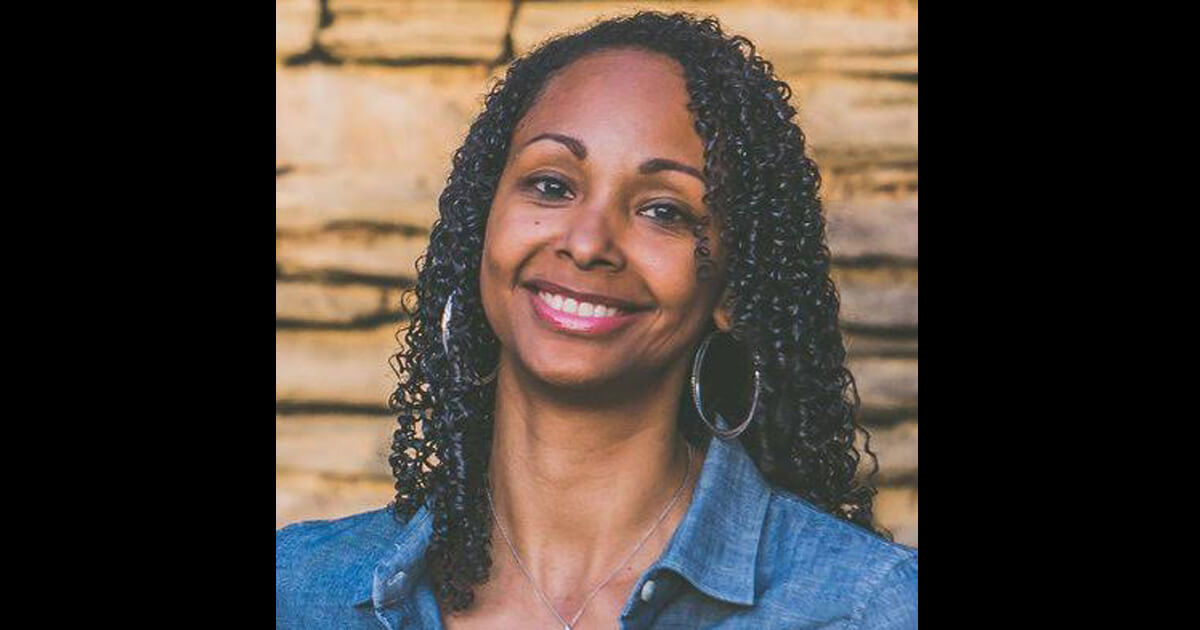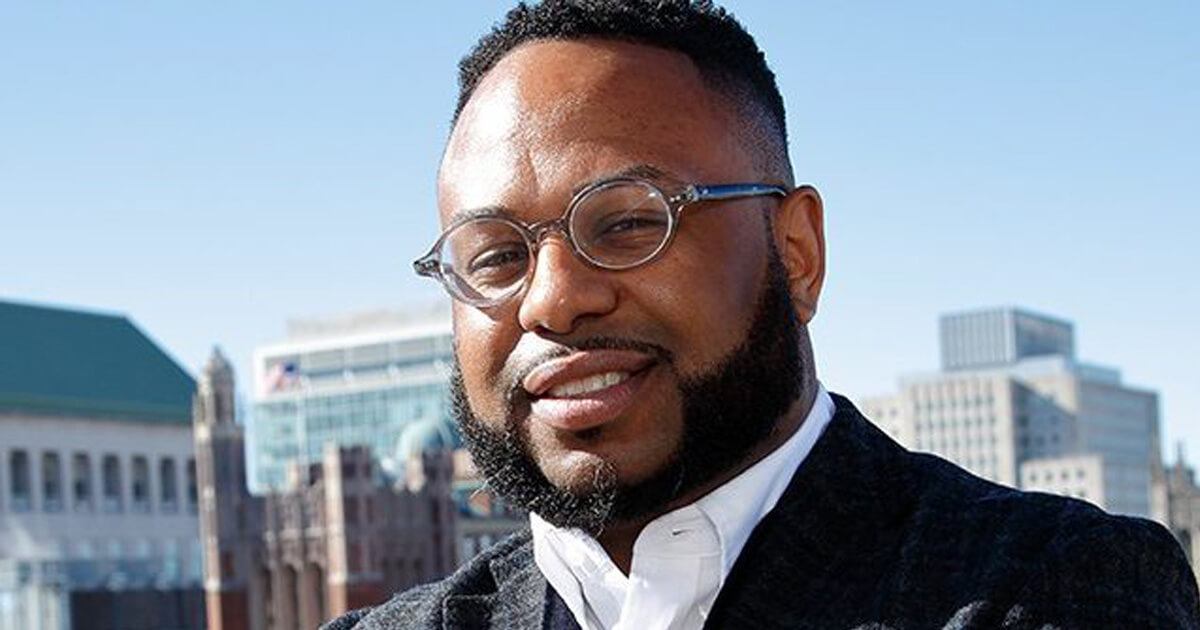Controversy surrounds the University of North Carolina at Chapel Hill’s Board of Trustees after it denied tenure to Nikole Hannah-Jones, creator of the Pulitzer Prize-winning 1619 Project published in The New York Times Magazine, for reasons many allege are political. Hannah-Jones would be one of 31 Black women tenured professors, only 3.1 percent of Chapel Hill’s 998 tenured professors, according to The Chronicle of Higher Education — an alarmingly low number that is seen across schools in the United States.
Data recently published by the Chronicle found that, in the fall of 2019, the most recent year federal data was available, just 2.1 percent of the 251,921 tenured professors at public and private four-year colleges across the country were Black women. According to the Chronicle, the data is self-reported and considers those who identify as Black or African American and are not more than one race.
In Philadelphia, the number of tenured Black women professors is lower than the national average. Across 12 schools in the city, where there are a total of 2,941 tenured professors, just 51, or 0.02 percent, are Black women. Experts say these numbers underscore a lack of racial and gender diversity, a trend that has long plagued the tenure track and higher education as a whole.
“We need to radically transform higher education, the whole system,” Tiffenia Archie, assistant vice president of the Office of Institutional Diversity, Equity, Advocacy and Leadership at Temple University, told The Plug. “We’re so caught up in doing it the way we’ve always done it.”
For Archie and other administrators at Philadelphia institutions, the numbers are not a product of a lack of importance placed on racial and gender diversity, but rather serve as evidence of a retroactive system that does not account for systemic obstacles Black women in particular face compared to their white male counterparts.
“Research tells us that when you have that diversity, you have better outcomes across the board; no matter if you’re looking at recruiting, retention of students, or business earnings, you just do better when you have a diverse and inclusive organization,” Archie said. “It’s very, very important for students — not only students who represent diversity to see people who look like them in the classroom, but all students — to benefit from having diverse folks, diverse perspectives, and diverse kinds of experiences in the classroom.”
In fall 2019, 2.5 percent of Temple’s 725 tenured professors were Black women.
Archie said a number of factors help explain the data, ranging from a history of insufficient pools of, and relationships with, Black female graduate students, to exclusive research requirements needed for the tenure track.
As a Research I Institution, a category designated by Carnegie Classification of Institutions of Higher Education for universities that promote the highest levels of research, Temple expects faculty to have been published before they are hired. Yet many scholars and activists are calling on universities to acknowledge and fight against racism in academic publishing, which furthers racial divides.
Archie said while there are not yet official policy changes, the North Philadelphia university is engaged in conversations on how to hire intentionally and more holistically.
“Some publications and certain disciplines are very exclusive, and they’re not publishing the work of [Black, Indigenous, and People of Color],” she said. “So if they’re not publishing the work of BIPOC folks, and we really want to aspire to diversity, can we continue to rely on those indicators?”
In addition to evaluating and possibly reevaluating tenure requirements, Archie cited fellowships like the Postdoctoral Diversity Fellowship Program, which is aimed at fostering a pipeline for, and supporting, graduate students of color.
In West Philadelphia, home to institutions like Drexel University and the University of Pennsylvania, Black women similarly comprise 1.4 percent and 1.7 percent of tenured professors, respectively.
Laura Perna, Penn’s vice provost for faculty, said the university has long been aware of these statistics and is committed to increasing faculty diversity, pointing to data from its Office of Institutional Research & Analysis that highlighted an increase in the total number of Black women on standing faculty from 42 in 2011 to 68 in 2020.
Penn also released a five-year Action Plan for Faculty Diversity and Excellence in June 2011 that resulted in a 2 percent increase in women faculty and 3.4 percent increase in minority faculty university-wide from 2011 to 2016, and a 46 percent increase in underrepresented minority standing faculty and 22 percent increase in women standing faculty from 2011 to 2018. She estimated that data for Black women specifically with tenure would likely have increased at a similar rate.
Lubna Mian, Penn’s associate vice provost for faculty, added that the university runs bias trainings for people who are involved in searches to learn the best practices for recruiting people and how to combat stereotypes.
While the Covid-19 pandemic and year of civil unrest has had implications on equity and diversity among faculty, particularly for those with caregiving responsibilities, Perna said the past year’s focus on racial justice has increased attention to the issue.
“The more people better understand what the issues are and the ways in which we really do need to reflect on our practices, and think about what we can actually do to make meaningful change, that’s an important part of creating continued progress,” Perna said.
For Nefertiri Sickout, Philadelphia’s chief diversity, equity and inclusion (DEI) officer, successful DEI work consists of a multifaceted approach: an interpersonal track, which focuses on supporting and retaining Black women in the organization, and an institutional track, which handles targeted recruitment toward women of color.
“Some people could say there’s just a lack of qualified talent, but that isn’t generally the only answer,” Sickout said. “What are you doing to be very targeted and intentional, to identify that talent and to hire that talent?”
She added that, frequently, the skills and experiences of Black women can be diminished compared to that of their counterparts, leading to the feeling that they have to prove their capacity and skills in order to qualify for tenure. Another issue, she said, is whether such promotional opportunities are transparent to begin with.
Yet the data shouldn’t be seen as all negative, Sickout said, urging people to acknowledge the progress that has been made, and pointing to Temple’s recent hire of Jason Wingard, the school’s first Black president in its 137-year history, as evidence of its commitment to DEI.
Similarly, Drexel recently announced the hiring of three tenure-track faculty members in its Africana Studies department and two new tenure-track positions to work with its Ubuntu Center on Racism, Global Movements and Population Health Equity, which will open this fall.
“We still have far to go,” Sickout said. “Certain things need to change, and we have to be intentional about identifying how our existing processes and procedures are inequitable and how we need to revamp certain things to have fair and more equitable access to tenure and other leadership and promotional positions, and that includes transparency.”
This story is part of a partnership with WURD radio covering technology, business, and innovation in Philadelphia. This vital work is possible with support from the Philadelphia COVID-19 Community Information Fund, an effort by Independence Public Media Foundation (IPMF) and the Knight-Lenfest Local News Transformation Fund (Knight-Lenfest Fund).








